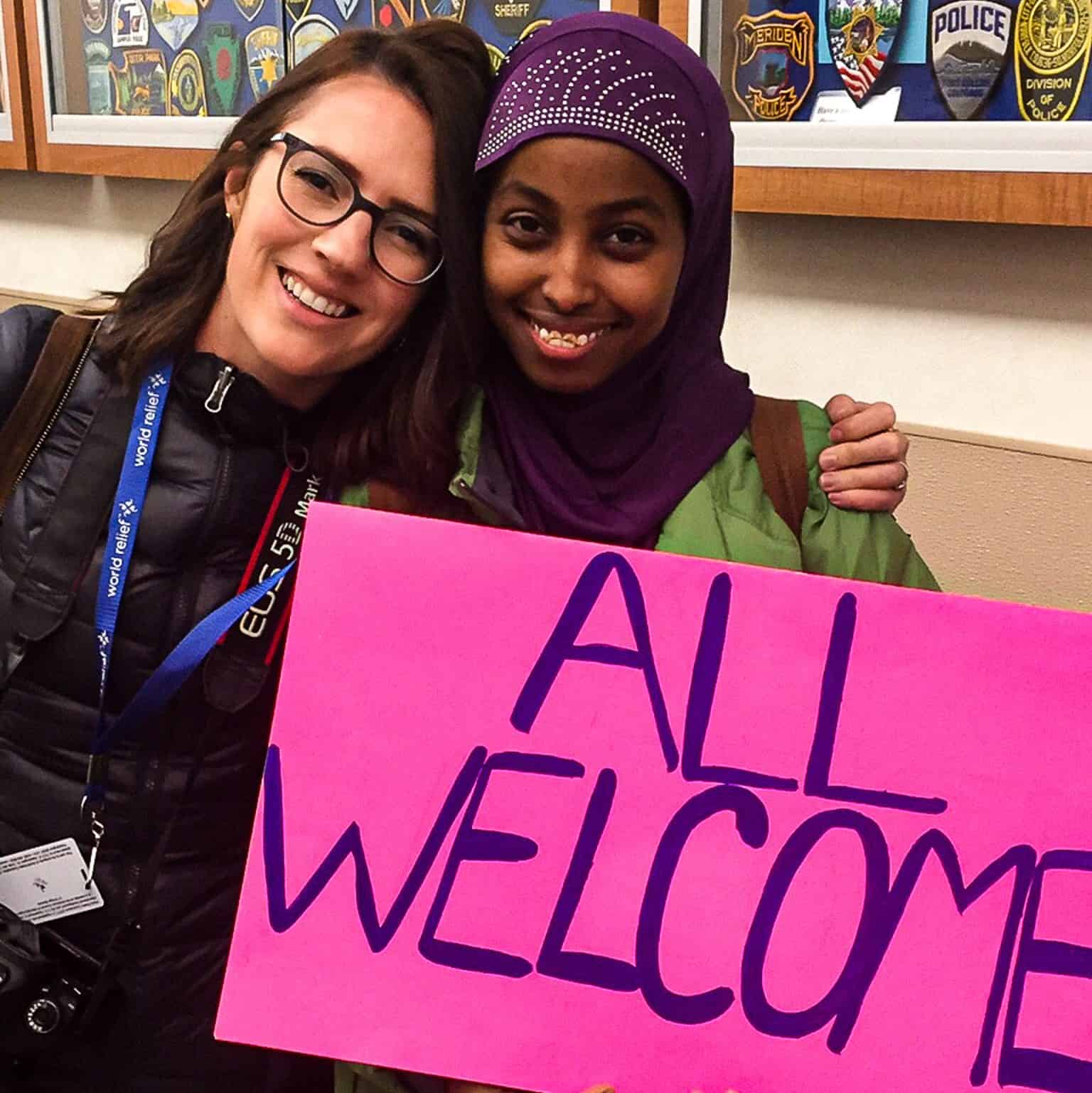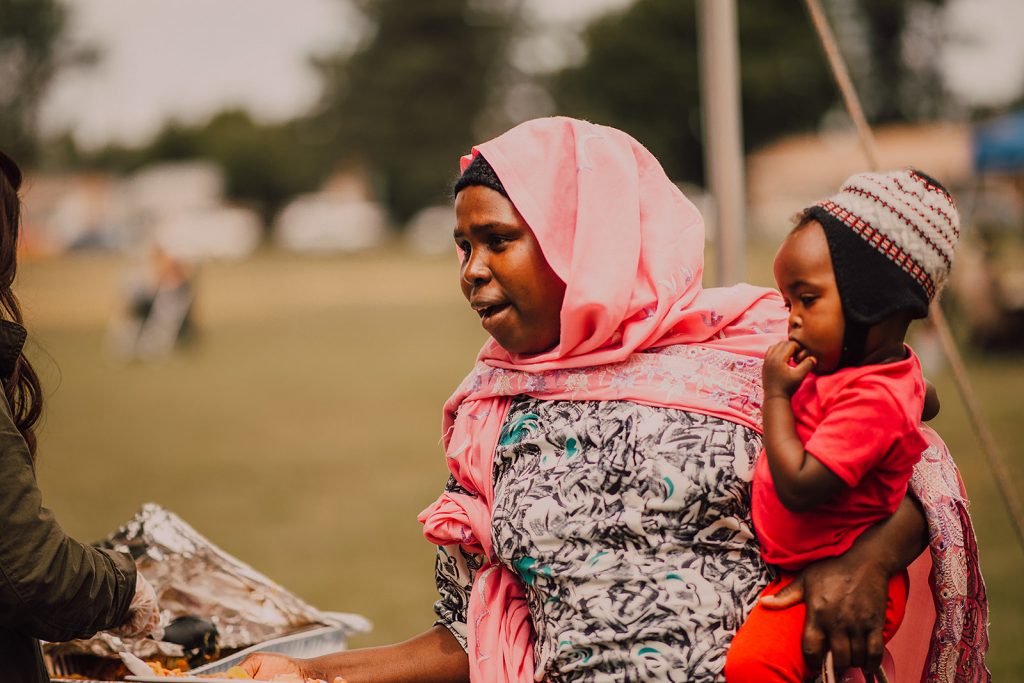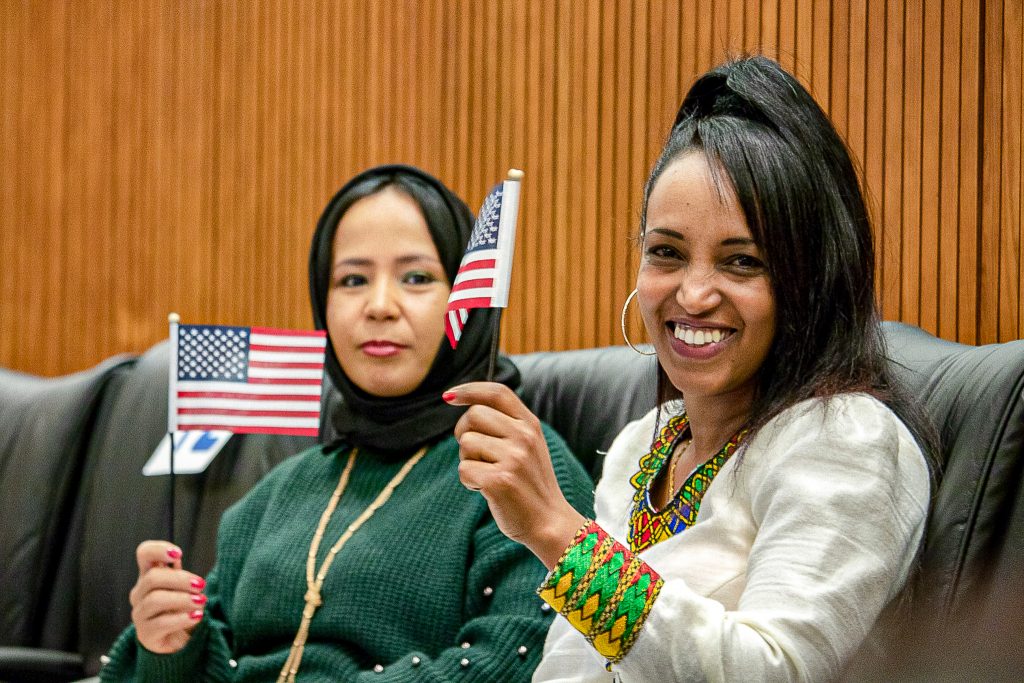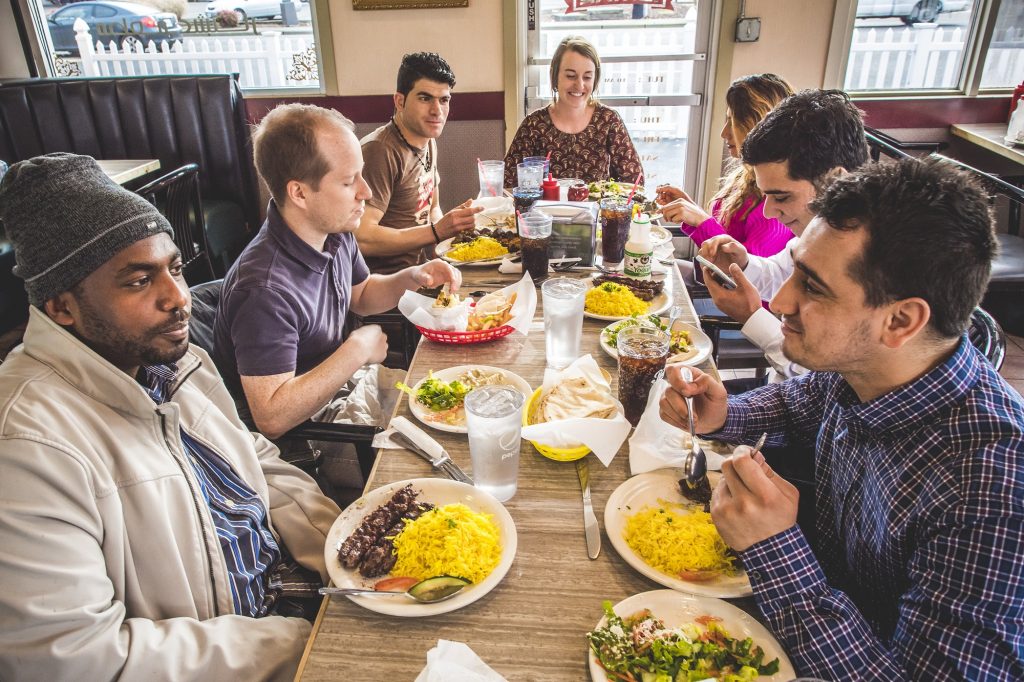Not everyone who immigrates to the United States comes with the same status. While there is some overlap in terminology, following are some general definitions to keep in mind.
A migrant is someone who moves from place to place looking to improve their quality of life, through work or education. This is not to say that their movement is frivolous or unwarranted. They may be experiencing extreme poverty or other conditions in their home country that make life untenable. Many people leave family behind and move to a new location so that they can send money back home.

An immigrant implies someone who wants to live permanently in their destination country. Used in a general sense, the term does not mean that the person has been forced to leave their country of origin due to violence or persecution. Immigrants have to apply for visas and comply with immigration laws. The process can be expensive and take a long time, depending on a number of factors, including the country from which a person is emigrating. Immediate family of US citizens have top priority and the shortest wait.
The definition of Refugee from the UN Refugee Agency:
“Refugees are people who have fled war, violence, conflict or persecution and have crossed an international border to find safety in another country.
“They often have had to flee with little more than the clothes on their back, leaving behind homes, possessions, jobs and loved ones.
“The 1951 Refugee Convention is a key legal document and defines a refugee as: ‘someone who is unable or unwilling to return to their country of origin owing to a well-founded fear of being persecuted for reasons of race, religion, nationality, membership of a particular social group, or political opinion.’”
Refugees go through an incredibly rigorous vetting process before they are approved for entry into the United States.
World Relief Spokane serves clients with other immigration classifications, as well.

Humanitarian Parolee: The recent immigrants from Ukraine and Afghanistan are humanitarian parolees. Prior to the crises in Afghanistan and Ukraine, humanitarian parole was used quite sparingly by the US Citizenship and Immigration Services and was considered a temporary status.
“If you are granted humanitarian parole, you will be permitted to remain in the U.S. only for the period of time that is necessary for you to fulfill your humanitarian need or to tend to your emergency situation. You cannot obtain any permanent benefit with a grant of humanitarian parole, but you can apply for a temporary work authorization if you will need to work in the U.S. during your stay.” (nolo.com)
While Ukrainians and Afghans were granted legal entry into the United States relatively quickly, the pathway to permanent residence is not as clear as it is for someone with refugee status. The current process through which Ukrainians are granted permission to work has been frustratingly slow. World Relief Spokane currently has more than 100 Ukrainians in our Job Search program waiting for employment authorization.
Afghan parolees have been able to secure work authorization more quickly; however, their path to permanent residence is still in question. The Afghan Adjustment Act, currently before Congress, would address this issue and allow Afghans to apply for permanent residency.

Asylee: According to the Department of Homeland Security, “An asylee is a person who meets the definition of refugee and is already present in the United States or is seeking admission at a port of entry.”
Additionally, many people are displaced within their own countries or are living as refugees in countries where they are not eligible for permanent residence. Many of these people are living in refugee camps.
“Approximately 22 percent of the world’s refugee population live in refugee camps – an estimated 6.6 million people. Among them, 4.5 million reside in planned and managed camps and approximately 2 million are sheltered in self-settled camps… Refugees may spend years and even decades living in camps, and it is common to have entire generations growing up in the camps.” UNHCR website
Why Should You Care?
What does all of this have to do with you and me?
We have the opportunity to create a welcoming space for people who are different from us. Last week I interviewed a woman who had to flee the Democratic Republic of Congo 30 years ago. She had spent two decades in various countries in Africa, seeking a safe place to raise her family before finally coming to the United States, to Spokane. She had one word to describe her new home: Peace. I asked her to elaborate, but she said she couldn’t. She seemed to be pleading with me to understand just how much was contained in that one word. Peace. She kept repeating it.

“Your life and my life flow into each other as wave flows into wave, and unless there is peace and joy and freedom for you, there can be no real peace or joy or freedom for me.”— Frederick Buechner
It’s tempting to want to close ourselves off from the outside world and focus on our own lives, our own families, our own bank accounts, comfort, future, but that is a small world, a limited world, and ultimately, it cannot fulfill us because we were made for connection. We were made to bear one another’s burdens, to learn from each other, to share with each other and to comfort with the comfort we ourselves have received.
If you’re interested in opening your life, your home, your world to immigrants and refugees, World Relief Spokane would love to walk alongside you in that.
Continue your learning experience by following us on social media or join us for “Around the Table 2022.”
